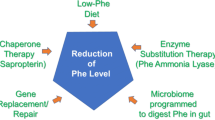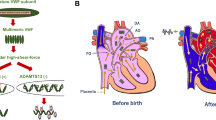ABSTRACT
Isovaleric acidemia, an autosomal recessive disorder, is due to isovaleryl-coenzyme A dehydrogenase deficiency and is one of the branched-chain aminoacidopathies. Isovaleric acidemia may present in the neonatal period with an acute episode of severe metabolic acidosis, ketosis, and vomiting and may lead to coma and death in the first 2 months of life. This report concerns an infant who presented at 10 days of age because of lethargy, poor feeding, hypothermia, cholestasis, and thrombocytopenia, leukopenia, and profound pancytopenia. Death occurred at 19 days of age. Autopsy showed mild fatty change in the liver and extramedullary hematopoiesis, generalized Escherichia coli sepsis, and myelodysplasia of the bone marrow with arrest of the myeloid series at the promyelocytic stage. The appearance resembled promyelocytic leukemia, but the diagnostic 15:17 translocation was not present. The maturation arrest in granulopoiesis in isovaleric acidemia appears to be most likely due to a direct metabolic effect on granulocyte precursor cells.
Similar content being viewed by others
Author information
Authors and Affiliations
Additional information
Received February 13, 1998; accepted June 22, 1998.
Rights and permissions
About this article
Cite this article
Gilbert-Barness, E., Barness, L. Isovaleric Acidemia with Promyelocytic Myeloproliferative Syndrome. Pediatr. Dev. Pathol. 2, 286–291 (1999). https://doi.org/10.1007/s100249900125
Issue Date:
DOI: https://doi.org/10.1007/s100249900125




